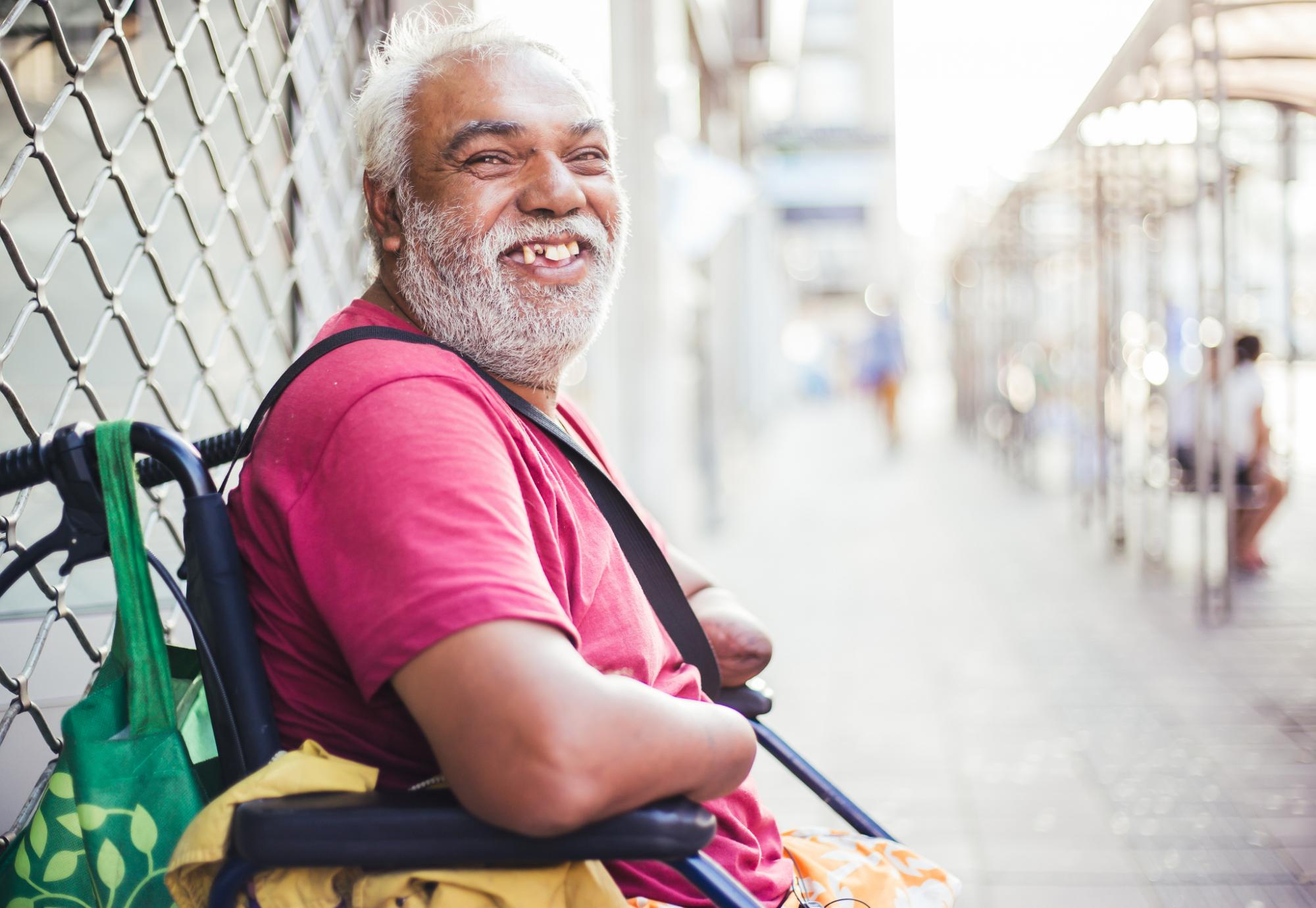NICE and the Centre for Homelessness Impact (CHI) have jointly published a new draft guideline to increase access to health and social care services for those who are homeless.
People experiencing homelessness can often be some of the most vulnerable groups in society when it comes to health, facing significant health inequalities and poorer health outcomes than the rest of the population. Mortality rates among people experiencing homelessness is around ten times higher than the rest of the population, while life expectancy is around 30 years less.
However, many of the causes of death recorded in the homeless population come from preventable causes.
Often, barriers to accessing health and social care services such as stigma and discrimination, a lack of trusted contacts, and rigid eligibility criteria are responsible for extenuating these health conditions to a much more serious issue.
The newly-published draft guideline is set to be out for consultation until November 3, 2021.
It highlights the need for greater effort, and targeted approaches, to ensure people experiencing homelessness have access to the same standard of health and social care as the general population.
As part of the ways to achieve this, the guideline recommends care being delivered by specialist multidisciplinary teams – crucially, spanning all sectors of care, and tailored to meet local needs.
This includes addressing physical health needs, but also mental health and psychological needs, drug and recovery needs, and social care needs of the homeless population.
Due to the often transient nature of the homeless population, mobile outreach services with flexible opening and appointment times, drop-in services, and transport support have been seen as key ways to reduce barriers to accessing health and care services.
It equally suggests that these people should not be penalised for missing appointments, for example by being discharged from the service. These people would then be able to attend or re-engage with care after missing appointments.
Dr Paul Chrisp, Director of the NICE Centre for Guidelines, said: “People experiencing homelessness face significant barriers to accessing health and social care compared with the general population, which results in huge health inequalities.
“’Homelessness’ is a broad term as outlined by our draft guideline and does not simply refer to a person sleeping rough on the streets. By better understanding which people are experiencing homelessness and what their specific needs are, health and social care professionals will be better able to help them access the services they require.
“We’re pleased to publish this draft guideline, developed in partnership with the CHI and PHE, and hope the recommendations will help improve outcomes for people experiencing homelessness in line with NHS Long Term Plan.”
Dr Lígia Teixeira, Chief Executive of the Centre for Homelessness Impact, said: "The quality of services offered to people who are most excluded from society is too often far behind that offered to the general population.
"People who experience homelessness often have poorer health, especially mental health, and this guideline is an important step towards making health and social care services more accessible to them. It is very important to ensure that their needs as individuals are met and the guideline shows how this can be done sensitively and flexibly."



















